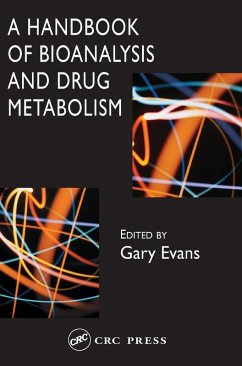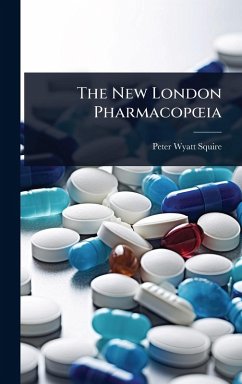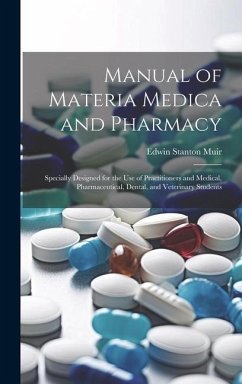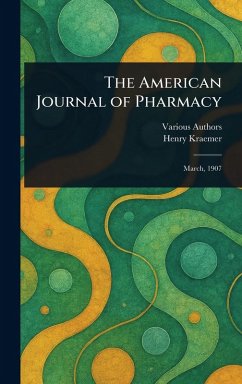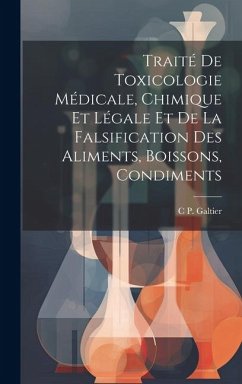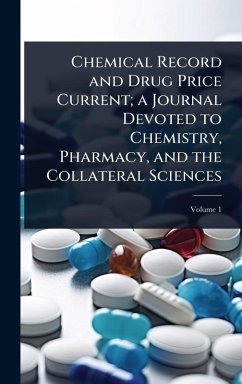
The Toxicity of Caffein
Versandkostenfrei!
Versandfertig in über 4 Wochen
30,99 €
inkl. MwSt.
Weitere Ausgaben:

PAYBACK Punkte
15 °P sammeln!
"The Toxicity of Caffein: An experimental study on different species of animals" by William Salant and John Benjamin Rieger, presents a detailed investigation into the physiological effects of caffeine. This meticulously prepared print edition makes available a classic experimental study focused on caffeine's toxicity. Delving into the science of toxicology, the book examines caffeine's impact on various animals, offering insights into animal physiology and behavior. A foundational work in the fields of medical toxicology and zoology, this volume explores the chemical and biological properties...
"The Toxicity of Caffein: An experimental study on different species of animals" by William Salant and John Benjamin Rieger, presents a detailed investigation into the physiological effects of caffeine. This meticulously prepared print edition makes available a classic experimental study focused on caffeine's toxicity. Delving into the science of toxicology, the book examines caffeine's impact on various animals, offering insights into animal physiology and behavior. A foundational work in the fields of medical toxicology and zoology, this volume explores the chemical and biological properties of caffeine through careful experimentation. Readers interested in the science of caffeine and its effects will find this an invaluable resource. This work has been selected by scholars as being culturally important, and is part of the knowledge base of civilization as we know it. This work is in the public domain in the United States of America, and possibly other nations. Within the United States, you may freely copy and distribute this work, as no entity (individual or corporate) has a copyright on the body of the work. Scholars believe, and we concur, that this work is important enough to be preserved, reproduced, and made generally available to the public. We appreciate your support of the preservation process, and thank you for being an important part of keeping this knowledge alive and relevant.






